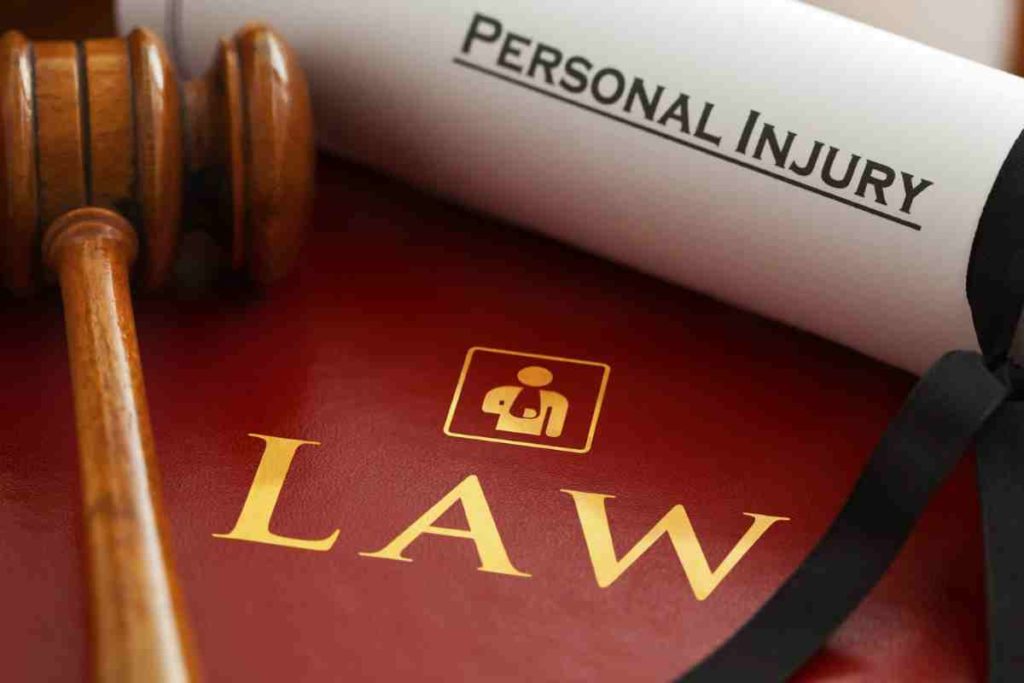Behind the Scenes of Personal Injury Cases in America

Behind the Scenes of Personal Injury Cases in America:- Personal injury cases in America often take centre stage in legal proceedings. They can involve a wide range of scenarios, from slip and fall accidents to medical malpractice. But what happens behind the scenes in these cases? In this article, we’ll delve into the intricate world of personal injury law, exploring the key aspects, challenges, and strategies involved.
1. Understanding Personal Injury Law
Personal injury law encompasses a broad spectrum of legal cases. It primarily deals with situations where one person’s negligence or intentional actions result in harm to another person. These cases aim to provide compensation to the injured party for their losses, both economic and non-economic.
2. Types of Personal Injury Cases
Personal injury cases include car accidents, slip and fall incidents, product liability, medical malpractice, and more. Each type of case has its unique set of legal principles and challenges.
3. The Role of Attorneys
Attorneys play a crucial role in personal injury cases. They represent either the plaintiff (the injured party) or the defendant (the alleged wrongdoer). They provide legal counsel, negotiate settlements, and advocate for their clients in court if necessary.
4. Investigation and Evidence Gathering
Before moving forward, attorneys and their investigative teams gather evidence related to the case. This may include medical records, accident reports, witness statements, and expert opinions. Strong evidence is essential for a successful outcome.
5. Negotiations and Settlements
In many cases, parties involved in personal injury lawsuits opt for settlement rather than going to trial. Negotiations take place between attorneys, insurance companies, and the parties themselves to reach a mutually agreeable compensation amount.
6. Preparing for Trial
When settlements are not possible, attorneys prepare rigorously for trial. This includes crafting a compelling case strategy, identifying witnesses, and outlining the legal arguments to be presented in court.
7. The Trial Process
Trials are complex affairs with distinct stages:
8. Jury Selection
Both sides have a say in selecting the jury, aiming for a fair and impartial panel to decide the case.
9. Presenting the Case
Attorneys present their arguments, witnesses testify, and evidence is introduced to establish the facts.
10. Expert Witnesses
Expert witnesses, such as medical professionals or accident reconstruction specialists, provide specialized knowledge to support the case.
11. Cross-Examinations
Attorneys scrutinize opposing witnesses’ testimony to challenge its credibility.
12. Closing Arguments
Attorneys make final appeals to the jury, summarizing their case and highlighting key points.
13. The Verdict
The jury deliberates and reaches a verdict, determining whether the defendant is liable and the amount of compensation, if any.
14. Appeals and Post-Trial Matters
After a verdict, either party may pursue an appeal if they believe there were errors in the trial process or legal interpretations. Appeals can prolong the legal battle.
15. The Impact on Victims
Personal injury cases have lasting effects on victims. Beyond the legal process, injuries may result in medical bills, lost wages, and emotional trauma. Compensation aims to alleviate these burdens and restore a sense of justice.
In conclusion, personal injury cases in America are multifaceted legal proceedings that involve intricate steps and numerous stakeholders. They seek to redress harm caused by others’ negligence and provide victims with the opportunity for recovery.
FAQs: Behind the Scenes of Personal Injury Cases in America
1. How long does a typical personal injury case take to resolve?
The duration of a personal injury case can vary widely, depending on factors such as complexity, negotiations, and court availability. Some cases settle quickly, while others may take years to conclude.
2. Do I need an attorney for a personal injury case?
While you can represent yourself, it’s advisable to hire an experienced personal injury attorney. They can navigate complex legal processes and maximize your chances of fair compensation.
3. What happens if I lose my personal injury case?
If you lose your case, you may not receive compensation and might be responsible for your legal expenses. It’s crucial to discuss potential outcomes with your attorney before proceeding.
4. Is there a cap on my compensation in a personal injury case?
Compensation caps vary by state and type of injury. Some states limit non-economic damages, while others impose no such restrictions. Your attorney can provide guidance on your specific case.
5. Can I settle a personal injury case out of court?
Yes, many personal injury cases are settled through negotiations before going to trial. Your attorney will work to reach a fair settlement that meets your needs and avoids the time and expense of a trial.







